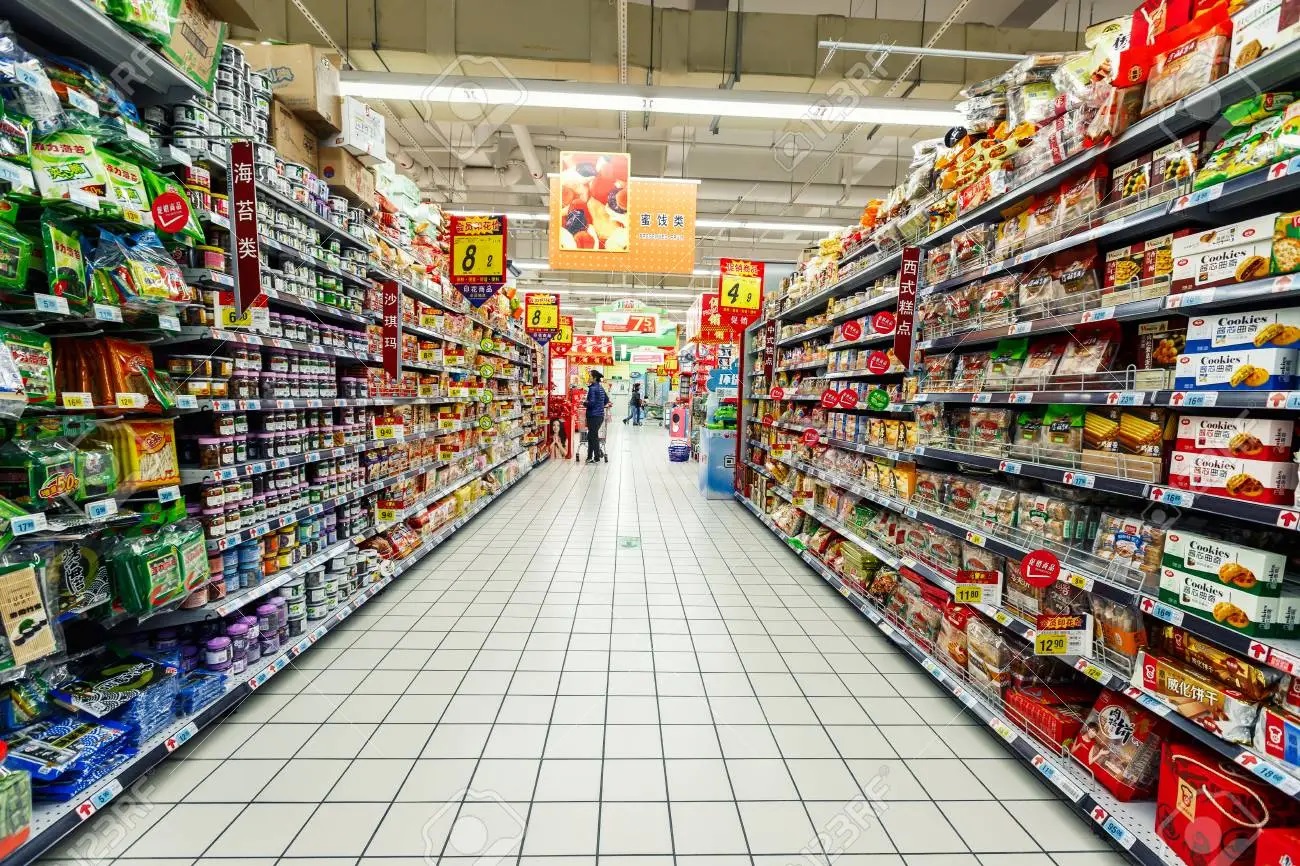The Impact of New Regulations on FMCG Brands

FMCG brands are facing challenges associated with two regulatory changes.
First of all, the Department of Health and Social Care is going to regulate the promotion of products with high fat, salt and sugar (HFSS) content. The government published a formal consultation response, which announced the details on:
- which businesses, products and types of price and location promotions should be in the scope of the restrictions
- how HFSS products should be defined
- how the proposal should be implemented
Secondly, new privacy restrictions mean that FMCG brands are struggling to monitor customer behaviour on the internet.
FMCG brands create loyalty by advertising at the point of sale. These types of ads will shortly become unavailable, which will have a major impact on FMCG brands and their campaigns.
We argue that in 2022 prize promotions will bring new energy to the table and reinvigorate FMCG marketing.
Lack of data
Regulatory changes have brought fear and uncertainty to the world of FMCG, or Fast Moving Consumer Goods. This is understandable because these companies rely heavily on price promotions and will now need to find another way forward.
The new HFSS laws make it harder to put up product displays in-store and will severely limit companies’ flexibility around discounts and sales.
The future of food marketing will be in creating healthier options and investing in new strategies to drive sales.
But not only must the food industry now comply with HFSS legislation, they will also have to comply with legislation that changes the regulations on online customer privacy and data protection.
Social Media agencies will no longer be able to track customers with any accuracy or target ads as effectively since they will no longer have access to a visitor’s browser data. This move impacts access to data on everything from what a person’s interests are to what purchases they have made.
FMCG companies are heavily dependent on external retailers, and without any data coming from stores, they will lack a robust CRM of first-party data (i.e. owned contacts).
According to a recent study, marketers are concerned about their ability to acquire data about their customers. About 41% of them predict that this is the biggest challenge they will face in 2022.
Brands that want to overcome the data challenges will need to think outside the box, get creative and find new strategies.
Could prize promotions be the answer for FMCG brands?
Using prizes to drive brand engagement and sales has been around since the cereal box inserts of decades gone by.
In today’s climate, however, competitions involving prizes can be seen as outdated. The problem is that many prize promotions have been lazy and have created a negative perception of such competitions.
Yet, despite this negative perception of prize promotions, if done well, prizes can offer a brand long-term benefits.
How prize promotions can help FMCG brands
Prize promotions have an excellent response rate, and 33% of prize promotion participants are open to receiving information about a brand.
The 34% conversion rate of contests is particularly promising when compared to other sources such as PPC (paid search), which have much lower conversion rates.
When price promotions for HFSS products are banned, prize promotions may be a great way to drive sales and encourage loyalty, as well as provide brands with vital customer information.
As brands realise how data collection gives them an edge in the market, they will invest more in sales strategies. We can expect to see many new strategies being implemented this year.
The science of prize promotions
It seems logical, but isn’t it expensive to create an aspirational mechanic and a prize fund that will draw in customers?
James Willoughby, the Client Service Director & Partner at Initials a Customer Experience Agency based in London, states that in a recent study, Initials surveyed customers after they had been persuaded to buy products based on promotions where they could win or get something.
The research aimed to reveal the psychological tipping points of prize promotions, and this was done by carefully manipulating the options people were offered so that no one was asked to choose between two favourable options (e.g., between £100 and £1000).
Here are the insights:
- People react the same way to small prizes and large prizes
- People react the same way whether the odds of winning are low or high
For instance, if the odds of winning a £5 prize are 1 in 4, 84% of people will be motivated to take part.
Dr David Lewis, a behavioural scientist from Mindlab, noted that most purchases are made on impulse rather than after conscious thought. Retailers need to design products that appeal more to the subconscious.
For brands conducting prize promotions, here are some takeaways:
- Lower odds don’t always mean better take up – save costs by opting for lower odds
- You don’t need to offer big prizes to get engagement and participation
- The number of prizes isn’t hugely important to consumers
- Having regular winners isn’t essential
In the ever-changing world of marketing, FMCG brands are best able to plan spend and investment by combining science and creativity.
The result is more effective prize promotions that drive the highest percentage of consumer uptake. Since the new regulations mean that brands need to try something new, this could be the perfect time to bring back prize promotions – do you think we could make them cool again?




